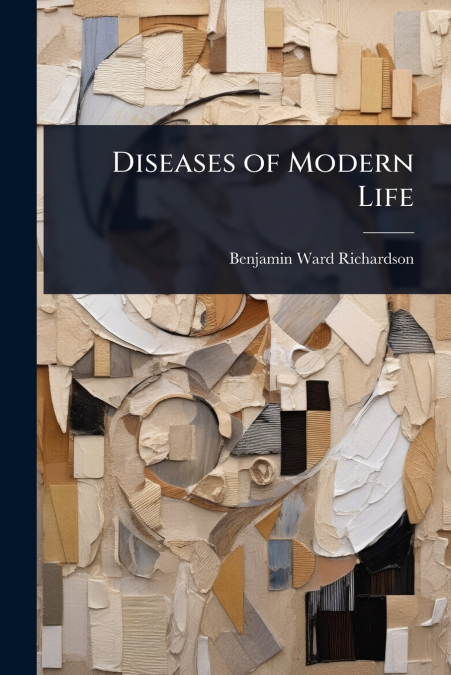
Benjamin Ward Richardson
'Diseases of Modern Life' by Benjamin Ward Richardson, first published in 1889, offers a fascinating glimpse into the health concerns of the late Victorian era. Richardson, a noted physician and social reformer, examines the impact of rapid industrialization and urbanization on the physical and mental well-being of the population. He explores a range of ailments, from nervous disorders and digestive complaints to the effects of sedentary lifestyles and polluted environments. More than just a medical treatise, this book provides a social commentary on the stresses and strains of modern living. Richardsonâs observations remain relevant today, as many of the challenges he identified â such as the pressures of work, the allure of unhealthy habits, and the importance of public health â continue to resonate in contemporary society. 'Diseases of Modern Life' is a valuable resource for anyone interested in the history of medicine, social reform, and the enduring quest for a healthier way of life.This work has been selected by scholars as being culturally important, and is part of the knowledge base of civilization as we know it. This work was reproduced from the original artifact, and remains as true to the original work as possible. Therefore, you will see the original copyright references, library stamps (as most of these works have been housed in our most important libraries around the world), and other notations in the work.This work is in the public domain in the United States of America, and possibly other nations. Within the United States, you may freely copy and distribute this work, as no entity (individual or corporate) has a copyright on the body of the work.As a reproduction of a historical artifact, this work may contain missing or blurred pages, poor pictures, errant marks, etc. Scholars believe, and we concur, that this work is important enough to be preserved, reproduced, and made generally available to the public. We appreciate your support of the preservation process, and thank you for being an important part of keeping this knowledge alive and relevant.